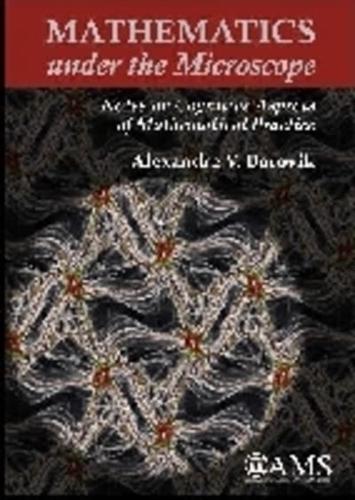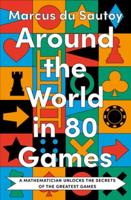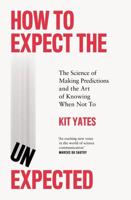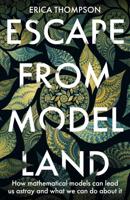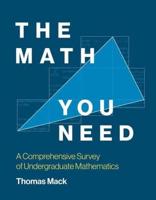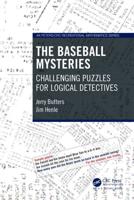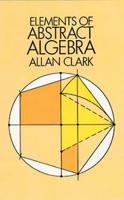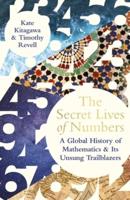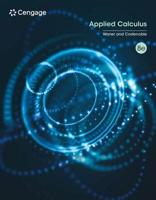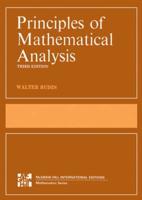Publisher's Synopsis
The author's goal is to start a dialogue between mathematicians and cognitive scientists. He discusses, from a working mathematician's point of view, the mystery of mathematical intuition: why are certain mathematical concepts more intuitive than others? To what extent does the 'small scale' structure of mathematical concepts and algorithms reflect the workings of the human brain? What are the ""elementary particles"" of mathematics that build up the mathematical universe? The book is saturated with amusing examples from a wide range of disciplines - from turbulence to error-correcting codes to logic - as well as with just puzzles and brainteasers. Despite the very serious subject matter, the author's approach is lighthearted and entertaining. This is an unusual and unusually fascinating book. Readers who never thought about mathematics after their school years will be amazed to discover how many habits of mind, ideas, and even material objects that are inherently mathematical serve as building blocks of our civilization and everyday life. A professional mathematician, reluctantly breaking the daily routine, or pondering on some resisting problem, will open this book and enjoy a sudden return to his or her young days when mathematics was fresh, exciting, and holding all promises. 'And do not take the word 'microscope' in the title too literally: in fact, the author looks around, in time and space, focusing in turn on a tremendous variety of motives, from mathematical 'memes' (genes of culture) to an unusual life of a Hollywood star' - Yuri I. Manin, Max-Planck Institute of Mathematics, Bonn, and Northwestern University.
